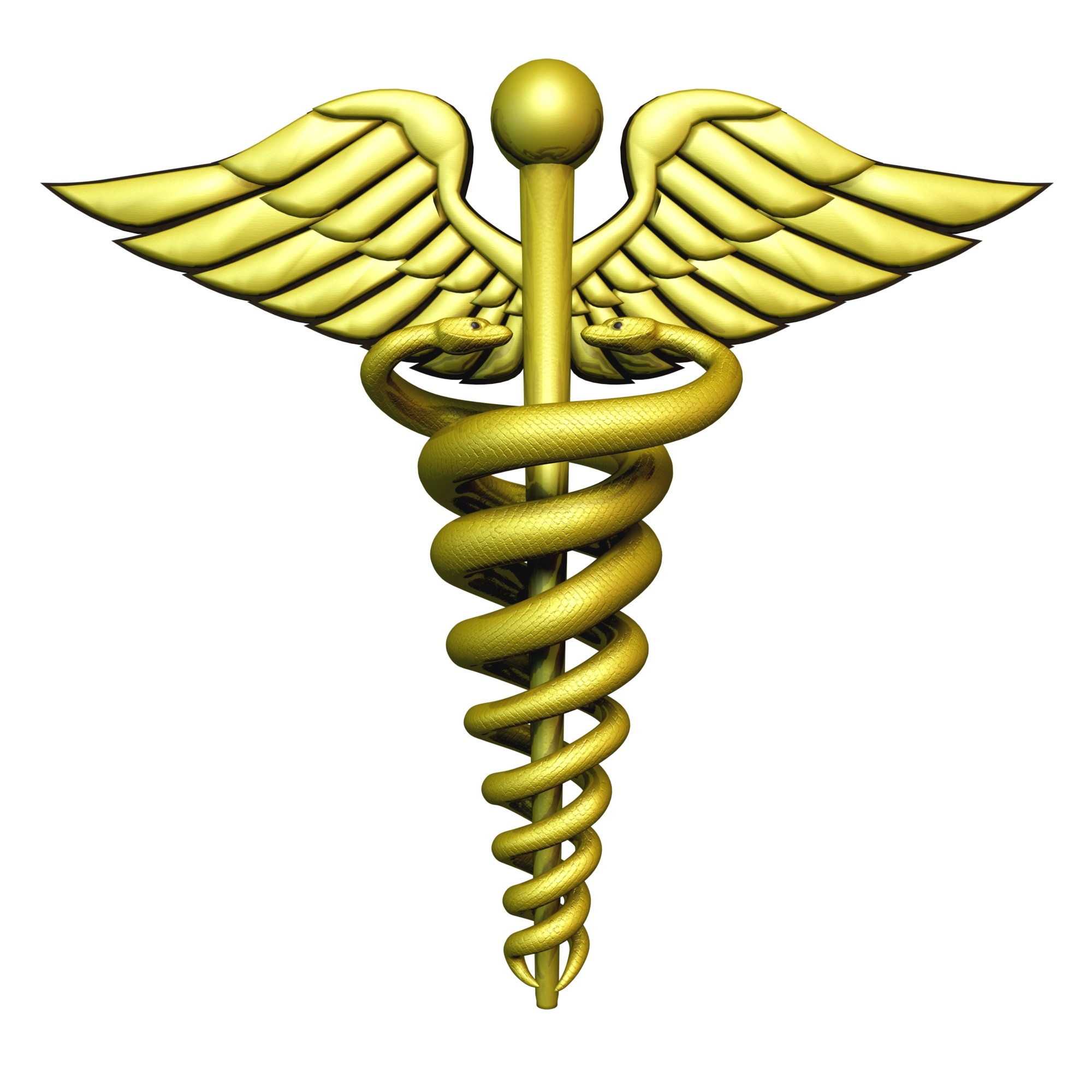Medical College Of Georgia: Your Path To A Medical Career In The Peach State
Are you thinking about a medical career in Georgia? Maybe you're curious about where future doctors get their start in the state. Well, the Medical College of Georgia (MCG) at Augusta University is a really important place for that, and it has been for a very long time. It's actually the oldest medical school in Georgia, founded way back in 1828, and it's also one of the top 10 largest medical schools in the entire U.S., which is quite something.
This institution, also known as MCG Medical College or simply MCG, helps shape the future of healthcare across the state. It does this through a very thoughtful approach to medical education, including a statewide model with regional campuses. This means students get to learn in different parts of Georgia, which is pretty neat and helps them understand the varied health needs of people living all over the state, you know?
If you're wondering how to become a physician in Georgia, or perhaps you're just looking for information about top medical schools, then learning about MCG is a great place to start. It offers a variety of dual degrees and research programs, too, so there are many different avenues for aspiring medical professionals. This article will look closely at what makes MCG stand out, from its long history to its modern approach to training doctors.
Table of Contents
- History and Enduring Legacy
- A Statewide Model for Georgia's Health
- Admissions at MCG: Your Opportunity to Join
- The MCG Curriculum and Student Life
- Impacting Georgia's Healthcare Future
- The MCG Mission and Collaborations
- Frequently Asked Questions About MCG
History and Enduring Legacy
The Medical College of Georgia, which is part of Augusta University, has a truly deep history, you know? It first opened its doors in 1828. This makes it not just the oldest medical school in Georgia, but also one of the first public medical schools anywhere in the country. That's a pretty big deal, actually.
For nearly two centuries, this school has been producing some really good doctors and making important advances in medicine. Its long presence means it has seen a lot of changes in healthcare, and it has adapted to them, which is quite something. The school's history is very much tied to the history of medicine in the South, and in some respects, the entire nation. It’s a place with a strong tradition of excellence in education, and that's something they are very proud of, it seems.
Over the years, the Medical College of Georgia has grown quite a bit. It is now one of the top 10 largest medical schools in the United States. This growth shows its lasting importance and how many people want to study medicine there. It's a place that has a clear legacy of training outstanding physicians, and that continues to this very day.
A Statewide Model for Georgia's Health
One of the more interesting things about the Medical College of Georgia is its statewide model, which is quite unique. This means it doesn't just have one main campus where everyone learns. Instead, it has regional campuses spread out across Georgia. These include places like Albany, Athens, Brunswick, Dalton, Savannah, and Rome, so it's a very broad reach.
This approach helps the school meet the health care needs of people all over Georgia, especially in areas that might not have as many doctors. It allows students to learn about different communities and the specific health challenges they might face, which is pretty valuable experience, actually. The idea is to make sure that future doctors understand the diverse population of the state and can serve them well, no matter where they are.
The curriculum at MCG also includes a "3+" model. This structure, which should be completed for students beginning medical school in the 2021/22 academic year, provides a more efficient pathway into primary care for a percentage of students. This is a big step towards getting more doctors into areas where they are most needed. There are also a variety of dual degrees and research programs available, giving students many options to specialize or combine their medical studies with other interests, which is a nice touch.
Admissions at MCG: Your Opportunity to Join
If you're thinking about applying to the Medical College of Georgia, there are some important things to know about the admissions process. The school is looking for applicants who have strong academic ability, of course, but also personal qualities and interests that fit with MCG's mission. That mission, you see, is all about improving health and making the burden of illness on society less heavy.
The application deadline for the Medical College of Georgia at Augusta University is in November. It's good to remember that the application fee at Augusta University is $0, which is pretty helpful for many students. Each year, the school invites about 640 students to interview for a spot in the entering class. These interviews are by invitation only, so it's a very selective process, as you might expect.
The admissions committee works hard to find and accept applicants who can help meet the health care needs of Georgia's widely spread out and very diverse population. This means they are looking for people who are not just smart, but also committed to serving the community. Last year, 304 students newly enrolled at the school, and the total number of medical school students is 1,125, which is quite a large group, truly.
You can find general admission information for the Medical College of Georgia at Augusta University on their website. They also have an admissions FAQs section, which is probably very useful for prospective students. Learning about admission requirements for medical schools can be a big step, and MCG aims to make it as clear as possible.
The MCG Curriculum and Student Life
The Medical College of Georgia offers a thorough curriculum designed to prepare students for the challenges of modern medicine. It's a place where students get a deep education in various medical fields. The department of medicine, for example, has a very rich history of teaching students, residents, and fellows, both in general medicine and specialized areas. They are always adding to that strong tradition of learning, it seems.
Students at MCG get to explore a range of topics, from basic science to hands-on patient care. The curriculum helps them build the knowledge and skills they will need as doctors. After medical school, there are many residency options available, which helps students continue their training in specific medical fields. This is a very important part of becoming a practicing physician, actually.
The school is also involved in a cooperative effort with other institutions. This includes Augusta University, St. Joseph’s/Candler Health System, and Georgia Southern’s Armstrong Campus. These partnerships help provide students with varied learning experiences and exposure to different healthcare settings. It's a way to make sure students get a well-rounded education, so they are ready for anything in their future careers.
The school’s mission is to educate the next generation of healthcare professionals, and that means giving them the best tools and knowledge. All tuition, fees, or other charges are subject to change at the end of any academic term, so it's always a good idea to check for the most current information, you know?
Impacting Georgia's Healthcare Future
The Medical College of Georgia plays a really big part in the health of Georgia. It's not just about teaching students; it's about making sure the state has enough skilled doctors to care for its people. The numbers really show this impact: nearly 50% of MCG graduates choose to stay and practice medicine in Georgia. That's a lot of new doctors helping out right here in the state, which is very important.
Think about this: one in five physicians in Georgia has either gone to MCG or completed their residency training at MCG or Augusta University Health. That's a truly significant contribution to the state's medical workforce. This shows how deeply the school is connected to the healthcare system across Georgia. It's a constant source of new talent and expertise, which is pretty amazing.
The school's mission is to lead Georgia and the nation to better health. It does this through excellence in biomedical education, discovery, patient care, and service. This commitment means that MCG is not just reacting to health needs but actively working to improve health outcomes for everyone in the state. It's a big job, and they are doing it, it seems.
The focus on training physicians who will stay in Georgia is a key part of addressing healthcare access and quality across the state, especially in rural or underserved areas. It helps ensure that communities everywhere have access to good medical care, which is something we all need, right?
The MCG Mission and Collaborations
The core purpose of the Medical College of Georgia is very clear: it wants to lead Georgia and the nation toward better health. This isn't just a simple goal; it involves several key areas. The school aims for excellence in biomedical education, meaning it wants to provide the best possible learning experience for its students. It also focuses on discovery, which means doing research to find new ways to treat illnesses and improve health.
Patient care is another very important part of its mission. The school strives to provide the very best and safest patient care, which is, of course, what everyone wants from their healthcare providers. And finally, service is a big part of it, too. This means giving back to the community and working to meet the health needs of the population. It's a very comprehensive approach, you know?
The Medical College of Georgia is also involved in a number of cooperative efforts. As mentioned, it works with Augusta University, which is its parent institution. But it also collaborates with other important healthcare and educational organizations, such as St. Joseph’s/Candler Health System and Georgia Southern’s Armstrong Campus. These collaborations help broaden the scope of its work and provide more opportunities for students and researchers.
These partnerships are very important because they help MCG achieve its mission more effectively. They allow for shared resources, combined expertise, and a wider reach in terms of patient care and medical education. It's a truly collaborative environment, which is good for everyone involved.
To learn more about the Medical College of Georgia and its programs, you can visit the Augusta University Medical College of Georgia website. It's a good place to find more details about their offerings.
Frequently Asked Questions About MCG
Here are some common questions people have about the Medical College of Georgia:
Is the Medical College of Georgia the only public medical school in Georgia?
No, it's not the only one. The Medical College of Georgia (MCG) at Augusta University is one of two public medical schools in Georgia. There's also the upcoming University of Georgia School of Medicine in Athens. So, there will be two public options for those wanting to become physicians in the state, which is quite nice.
How many students are enrolled at the Medical College of Georgia?
As of last year, the total number of medical school students at the Medical College of Georgia was 1,125. And, 304 students newly enrolled to the school that same year. It's a pretty big school, actually, and it continues to welcome new aspiring doctors.
What makes the Medical College of Georgia's curriculum special?
The Medical College of Georgia has a statewide model with regional campuses, which is pretty special. It also features a "3+" curriculum, designed to offer a more efficient pathway into primary care for some students. Plus, there are a variety of dual degrees and research programs, giving students many different ways to pursue their medical education and career goals. It's a very adaptable system, it seems.

MEDICAL EQUIPMENT Wallpapers - Wallpaper Cave

Medical Doctor Symbol - ClipArt Best

Surgery Claims – Medical Law